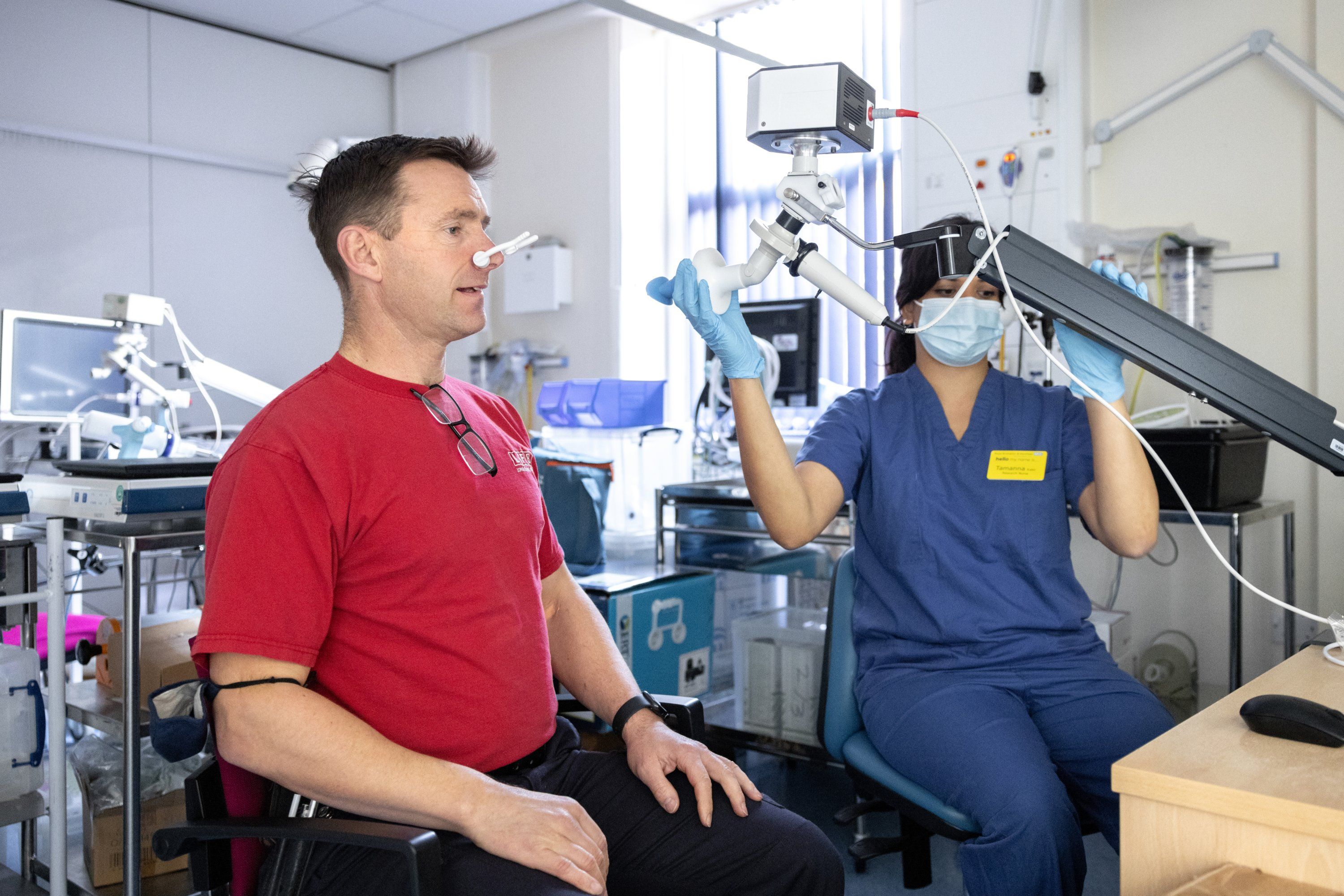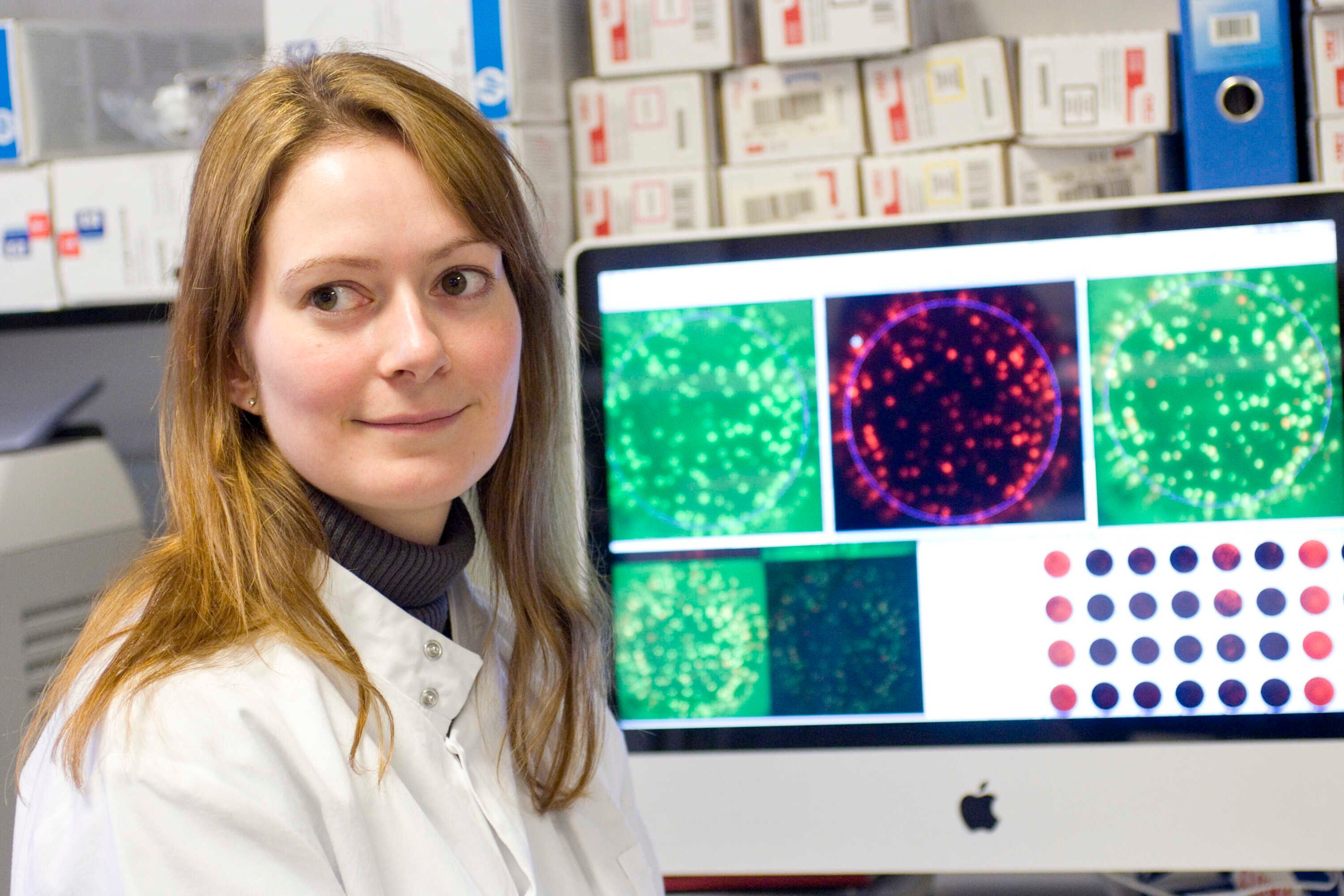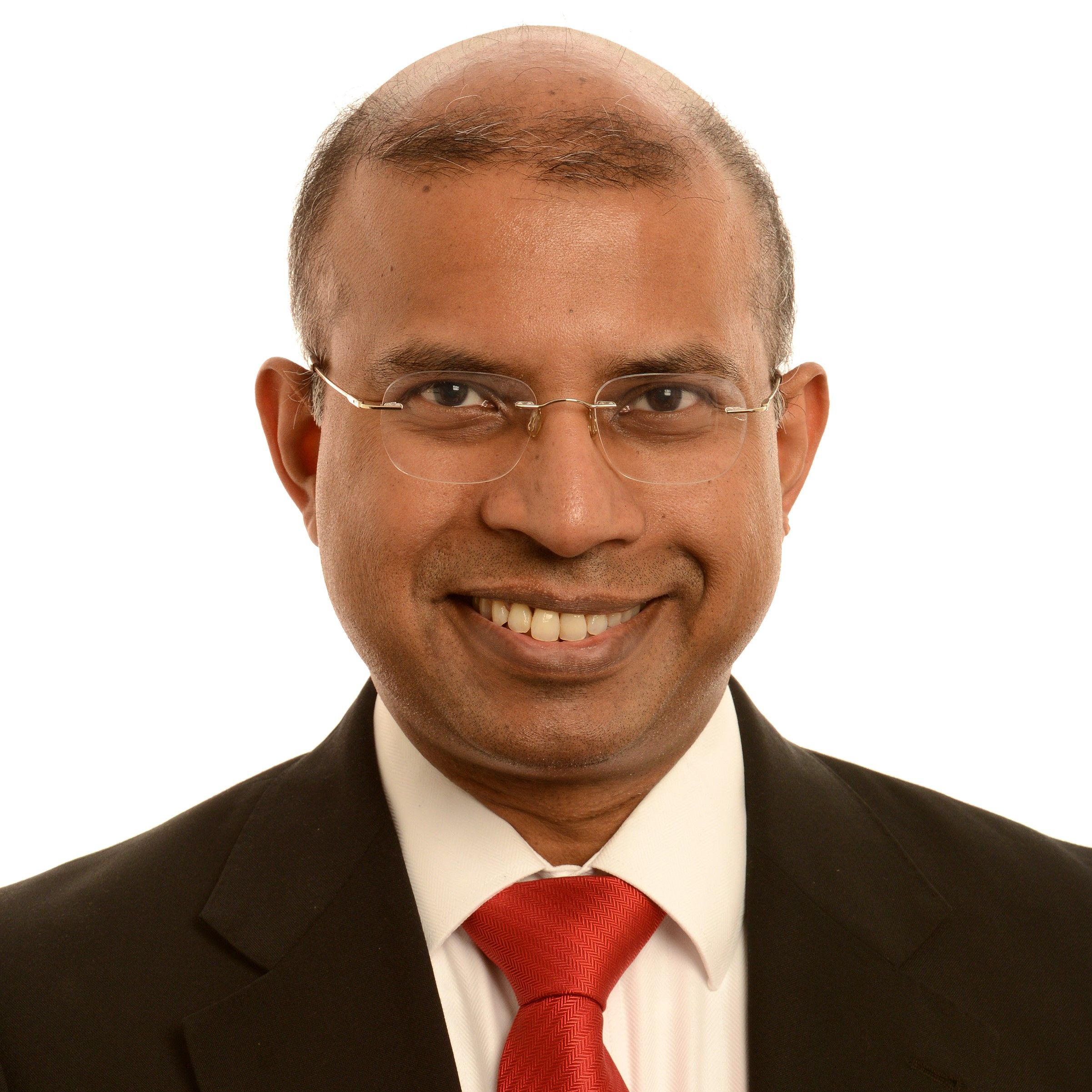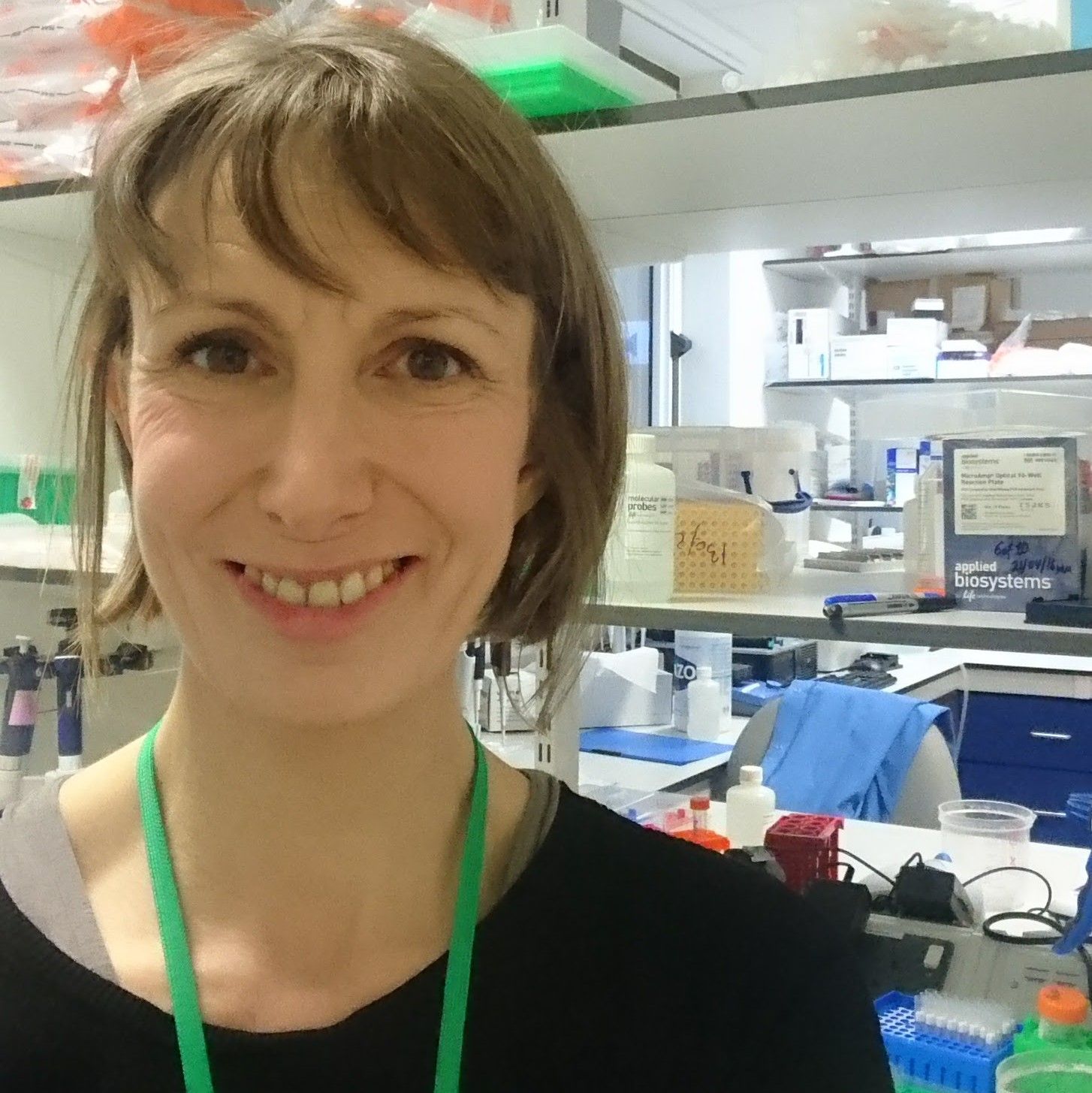
Cardiovascular and Respiratory Healthcare
Deepen your knowledge in cardiovascular and respiratory healthcare and develop skills towards your chosen career field.
Cardiovascular and Respiratory Healthcare
Deepen your knowledge in cardiovascular and respiratory healthcare and develop skills towards your chosen career field.
Cardiovascular and Respiratory Healthcare
Deepen your knowledge in cardiovascular and respiratory healthcare and develop skills towards your chosen career field.
Deepen your knowledge in cardiovascular and respiratory healthcare and develop skills towards your chosen career field
Explore the impact of new technologies in relation to the prevention, diagnosis and management of ill-health
Benefit from a flexible learning approach with full-time or part-time study modes
Course key facts
-
Qualification
-
MSc
-
-
Duration
1 year, 2 years
-
Start date
September 2025
-
Study mode
Full-time, Part-time
-
Fees
£15,500 Home
£45,000 Overseas
-
Delivered by
-
Location
-
Royal Brompton
-
Minimum entry standard
-
2:1 in a relevant medical, biomedical or healthcare subject
-
Qualification
-
PG Dip
-
-
Duration
9 months
-
Start date
September 2025
-
Study mode
Full-time, Part-time
-
Fees
£12,400 Home
£36,000 Overseas
-
Delivered by
-
Location
-
Royal Brompton
-
Minimum entry standard
-
2:1 in a relevant medical, biomedical or healthcare subject
-
Qualification
-
PG Cert
-
-
Duration
9 months
-
Start date
September 2025
-
Study mode
Part-time
-
Fees
£7,750 Home
£22,500 Overseas
-
Delivered by
-
Location
-
Royal Brompton
-
Minimum entry standard
-
2:1 in a relevant medical, biomedical or healthcare subject
Course overview
Further your knowledge of cardiovascular and respiratory healthcare on this Master's course.
Designed to suit people from a wide range of healthcare backgrounds, this course will enable you to enhance your career in your chosen field.
You’ll receive academic and research training in a wide range of aspects associated with the clinical management of cardiovascular and respiratory healthcare.
You'll also discuss new technologies for the prevention, diagnosis and management of ill health, and examine their impact on the delivery of person-centred healthcare.
This flexible programme adopts a blended format of delivery that includes face-to-face and online teaching, live webinars, and virtual learning and self-study tools.
The Master's course also provides you with an opportunity to carry out a substantial programme of original research.
You'll apply laboratory and clinical techniques in cardiovascular and / or respiratory healthcare settings, and disseminate your own research on an extensive project.
Further your knowledge of cardiovascular and respiratory healthcare on this course, which leads to a Postgraduate Diploma (PG Dip).
Designed to suit people from a wide range of healthcare backgrounds, the programme of study will enable you to enhance your career in your chosen field.
You'll receive academic and research training in a wide range of aspects associated with the clinical management of cardiovascular and respiratory healthcare.
You'll also discuss new technologies for the prevention, diagnosis and management of ill health, and examine their impact on the delivery of person-centred healthcare.
The diploma explores real-world scenarios, providing you with opportunities to reflect on complex decisions within clinical contexts
You'll learn how to justify patient management options for selected instances of cardiovascular and/or respiratory healthcare.
This flexible programme adopts a blended format of delivery that includes face-to-face and online teaching, live webinars, and virtual learning and self-study tools.
Further your knowledge of cardiovascular and respiratory healthcare on this course, which leads to a Postgraduate Certificate (PG Cert).
Designed to suit people from a wide range of healthcare backgrounds, the programme of study will enable you to enhance your career in your chosen field.
You'll receive academic and research training in a wide range of aspects associated with the clinical management of cardiovascular and respiratory healthcare.
You'll also discuss new technologies for the prevention, diagnosis and management of ill health, and examine their impact on the delivery of person-centred healthcare.
This flexible programme adopts a blended format of delivery that includes face-to-face and online teaching, live webinars, and virtual learning and self-study tools.
Find out more about studying Cardiovascular and Respiratory Healthcare at Imperial
Structure
This page is updated regularly to reflect the latest version of the curriculum. However, this information is subject to change.
Find out more about potential course changes.
Please note: it may not always be possible to take specific combinations of modules due to timetabling conflicts. For confirmation, please check with the relevant department.
You’ll study the following core modules.
Core modules
Review aspects of cardiovascular and respiratory wellbeing.
You’ll cover anatomy and physiology, the pathophysiology of cardiovascular and respiratory disease, and the acquisition and interpretation of physiological data.
Observe good clinical practice in the field of cardiovascular and respiratory healthcare, with a view to critiquing it and reflecting on potential improvements.
Explore the principles and practice of quantitative and qualitative research, and key issues in critically evaluating methodology.
Critically consider how a focus on safety, effectiveness and the patient experience contribute to the development and delivery of high-quality healthcare services.
You’ll study three optional modules from the list provided.
Optional modules
Discuss and evaluate the effectiveness of comprehensive cardiovascular disease prevention initiatives, and identify appropriate technologies used in lifestyle modification.
Analyse therapeutic interventions and the management of commonly encountered cardiovascular disease.
Explore contemporary practice in the management of the child and adult with cystic fibrosis and the current evidence for treatment.
Examine the evidence behind pulmonary rehabilitation and the components of integrated respiratory care.
Deepen your understanding of the pathophysiology, diagnosis, and treatment of respiratory failure, and sleep-disordered breathing.
You'll complete an extensive research project related to the course content.
You can choose between clinical dry-lab and wet-lab projects, depending on your interests and career aspirations.
You'll join a world-leading research group and will be supervised by academic supervisors.
Your work will be assessed by a 10,000-word written project report and two oral presentation.
You’ll study the following core modules.
Core modules
Review aspects of cardiovascular and respiratory wellbeing.
You’ll cover anatomy and physiology, the pathophysiology of cardiovascular and respiratory disease, and the acquisition and interpretation of physiological data.
Observe good clinical practice in the field of cardiovascular and respiratory healthcare, with a view to critiquing it and reflecting on potential improvements.
Explore the principles and practice of quantitative and qualitative research, and key issues in critically evaluating methodology.
Critically consider how a focus on safety, effectiveness and the patient experience contribute to the development and delivery of high-quality healthcare services.
You’ll study three optional modules from the list provided.
Optional modules
Discuss and evaluate the effectiveness of comprehensive cardiovascular disease prevention initiatives, and identify appropriate technologies used in lifestyle modification.
Analyse therapeutic interventions and the management of commonly encountered cardiovascular disease.
Explore contemporary practice in the management of the child and adult with cystic fibrosis and the current evidence for treatment.
Examine the evidence behind pulmonary rehabilitation and the components of integrated respiratory care.
Deepen your understanding of the pathophysiology, diagnosis, and treatment of respiratory failure, and sleep-disordered breathing.
You’ll study the following core module.
Core modules
Review aspects of cardiovascular and respiratory wellbeing.
You’ll cover anatomy and physiology, the pathophysiology of cardiovascular and respiratory disease, and the acquisition and interpretation of physiological data.
You’ll study two optional modules from the list provided.
Optional modules
Discuss and evaluate the effectiveness of comprehensive cardiovascular disease prevention initiatives, and identify appropriate technologies used in lifestyle modification.
Analyse therapeutic interventions and the management of commonly encountered cardiovascular disease.
Explore contemporary practice in the management of the child and adult with cystic fibrosis and the current evidence for treatment.
Examine the evidence behind pulmonary rehabilitation and the components of integrated respiratory care.
Deepen your understanding of the pathophysiology, diagnosis, and treatment of respiratory failure, and sleep-disordered breathing.
Teaching and assessment
Balance of teaching and learning
Key
- Lectures, seminars and group work
- Research project and independent study
- 20% Lectures, seminars and group work
- 80% Research project and independent study
Teaching and learning methods
-
Blended learning
-
Case-based learning
-
Virtual learning environment
-
Journal clubs
-
Lectures
-
Reflection on clinical practice
-
Seminars
-
Small group teaching
-
Tutorials
Assessment methods
-
Assessed journal club
-
Oral presentations
-
Practical examination
-
Research project thesis and oral presentation
-
Written case study reports
Balance of teaching and learning
Key
- Lectures, seminars and group work
- Independent study
- 20% Lectures, seminars and group work
- 80% Independent study
Teaching and learning methods
-
Blended learning
-
Case-based learning
-
Virtual learning environment
-
Journal clubs
-
Lectures
-
Reflection on clinical practice
-
Seminars
-
Small group teaching
-
Tutorials
Assessment methods
-
Assessed journal club
-
Oral presentations
-
Practical examination
-
Written case study reports
-
Written examination
Balance of teaching and learning
Key
- Lectures, seminars and group work
- Independent study
- 20% Lectures, seminars and group work
- 80% Independent study
Teaching and learning methods
-
Blended learning
-
Case-based learning
-
Virtual learning environment
-
Journal clubs
-
Lectures
-
Reflection on clinical practice
-
Seminars
-
Small group teaching
-
Tutorials
Assessment methods
-
Assessed journal club
-
Oral presentations
-
Practical examination
-
Written case study reports
-
Written examination
Key people
Entry requirements
We consider all applicants on an individual basis, welcoming students from all over the world.
How to apply
Apply online
You can submit one application form per year of entry. You can choose up to two courses.
This course can be taken in progressional levels of study:
- PG Certificate (PG Cert)
- PG Diploma (PG Dip)
- MSc
Each level of study has its own entry point; you can apply to any level in the first instance but we recommend you apply for the award with which you wish to exit.
Read more about Postgraduate Certificate, Diploma and MSc degrees
There is no application fee for MRes courses, Postgraduate Certificates, Postgraduate Diplomas, or courses such as PhDs and EngDs.
If you are applying for a taught Master’s course, you will need to pay an application fee before submitting your application.
The fee applies per application and not per course.
- £80 for all taught Master's applications, excluding those to the Imperial College Business School.
- £100 for all MSc applications to the Imperial College Business School.
- £150 for all MBA applications to the Imperial College Business School.
If you are facing financial hardship and are unable to pay the application fee, we encourage you to apply for our application fee waiver.
Find out more about how to apply for a Master's course, including references and personal statements.
An ATAS certificate is not required for students applying for this course.
Tuition fees
Home fee
MSc
£15,500 total fee
Top-up fee from PG Dip: £3,100
PG Dip
£12,400total fee
Top-up fee from PG Cert: £4,650
PG Cert
£7,750total fee
If you have already completed one of the qualifications and are moving on to the next level of study, e.g. you've already completed the PG Cert and want to study the PG Dip, you will only need to pay the top-up fee for the course you’re applying for.
You may apply to enter this programme at any level of study.
If you enter the MSc, without having studied the PG Cert or PG Dip, then you will pay the full fee listed for the MSc.
If you enter at the PG Cert or PG Dip level and return in future academic years to complete a higher award, you will pay the top-up fee advertised in the year of your return, instead of the full fee for your chosen course.
If you continue uninterrupted from one award to the next, you will pay the relevant top-up fee, plus any annual inflationary increases applied to the entry fee. This applies to applicants who originally entered for a PGDip or MSc. This does not apply to those who have completed a PGCert or PGDip and are re-entering for a higher award.
You should expect and budget for your fees to increase each year.
Your fee is based on the year you enter the university, not your year of study. This means that if you repeat a year or resume your studies after an interruption, your fees will only increase by the amount linked to inflation.
Find out more about our tuition fees payment terms, including how inflationary increases are applied to your tuition fees in subsequent years of study.
Whether you pay the Home or Overseas fee depends on your fee status. This is assessed based on UK Government legislation and includes things like where you live and your nationality or residency status. Find out how we assess your fee status.
If you're a UK national, or EU national with settled or pre-settled status under the EU Settlement Scheme, you may be able to apply for a Postgraduate Master’s Loan from the UK government, if you meet certain criteria.
For courses starting on or after 1 August 2024, the maximum amount is £12,471.
The loan is not means-tested and you can choose whether to put it towards your tuition fees or living costs.
Overseas fee
MSc
£45,000 total fee
Top-up fee from the PG Dip: £9,000
PG Dip
£36,000total fee
Top-up fee from the PG Cert: £13,500
PG Cert
£22,500total fee
If you have already completed one of the qualifications and are moving on to the next level of study, e.g. you've already completed the PG Cert and want to study the PG Dip, you will only need to pay the top-up fee for the course you’re applying for.
You may apply to enter this programme at any level of study.
If you enter the MSc, without having studied the PG Cert or PG Dip, then you will pay the full fee listed for the MSc.
If you enter at the PG Cert or PG Dip level and return in future academic years to complete a higher award, you will pay the top-up fee advertised in the year of your return, instead of the full fee for your chosen course.
If you continue uninterrupted from one award to the next, you will pay the relevant top-up fee, plus any annual inflationary increases applied to the entry fee. This applies to applicants who originally entered for a PGDip or MSc. This does not apply to those who have completed a PGCert or PGDip and are re-entering for a higher award.
You should expect and budget for your fees to increase each year.
Your fee is based on the year you enter the university, not your year of study. This means that if you repeat a year or resume your studies after an interruption, your fees will only increase by the amount linked to inflation.
Find out more about our tuition fees payment terms, including how inflationary increases are applied to your tuition fees in subsequent years of study.
Whether you pay the Home or Overseas fee depends on your fee status. This is assessed based on UK Government legislation and includes things like where you live and your nationality or residency status. Find out how we assess your fee status.
If you're a UK national, or EU national with settled or pre-settled status under the EU Settlement Scheme, you may be able to apply for a Postgraduate Master’s Loan from the UK government, if you meet certain criteria.
For courses starting on or after 1 August 2024, the maximum amount is £12,471.
The loan is not means-tested and you can choose whether to put it towards your tuition fees or living costs.
Scholarships
Cardiovascular and Respiratory Healthcare scholarship
Value per award
- £3,000
Who it's for
- Home and Oversea students who an application to start the course in 2024.
The Dean’s Master’s Scholarships
Value per award
- £10,000
Who it's for
- All students applying to study a Faculty of Medicine Master’s course
The Dr Jean Alero Thomas Scholarships
Value per award
- Partial or full tuition fee at the Home rate
Who it's for
- All students applying to study a Faculty of Medicine lab-based Master’s course
Cardiovascular and Respiratory Healthcare scholarship
Value per award
- £3,000
Who it's for
- Home and Oversea students who an application to start the course in 2024.
The Dean’s Master’s Scholarships
Value per award
- £10,000
Who it's for
- All students applying to study a Faculty of Medicine Master’s course
The Dr Jean Alero Thomas Scholarships
Value per award
- Partial or full tuition fee at the Home rate
Who it's for
- All students applying to study a Faculty of Medicine lab-based Master’s course
Cardiovascular and Respiratory Healthcare scholarship
Value per award
- £3,000
Who it's for
- Home and Oversea students who an application to start the course in 2024.
The Dean’s Master’s Scholarships
Value per award
- £10,000
Who it's for
- All students applying to study a Faculty of Medicine Master’s course
The Dr Jean Alero Thomas Scholarships
Value per award
- Partial or full tuition fee at the Home rate
Who it's for
- All students applying to study a Faculty of Medicine lab-based Master’s course
How will studying at Imperial help my career?
Gain transferable skills needed to pursue a range of careers within a clinical setting.
Our graduates often pursue further study in master's programs or doctoral research.
With specialised knowledge, you'll be highly sought after in a range of sectors.
Graduates from this course often work in a variety of fields, including healthcare science, nursing, physiotherapy, and advanced practice.
This could involve setting up clinical services or working in academia, beginning with PhD enrolment.
Testimonials
Further links
Contact the department
Course Director: Professor Darrel Francis
Healthcare Senior Teaching Fellow: Dr Leanne Felkin
Visit the National Heart and Lung Institute website.

Register your interest
Stay up to date on news, events, scholarship opportunities and information related to this course.

Events, tasters and talks
Meet us and find out more about studying at Imperial.

Meet our students
We asked some of our Master's students about their individual journeys.
Meet our Cardiovascular and Respiratory students.
.jpg)
Terms and conditions
There are some important pieces of information you should be aware of when applying to Imperial. These include key information about your tuition fees, funding, visas, accommodation and more.
You can find further information about your course, including degree classifications, regulations, progression and awards in the programme specification for your course.
Programme specifications
